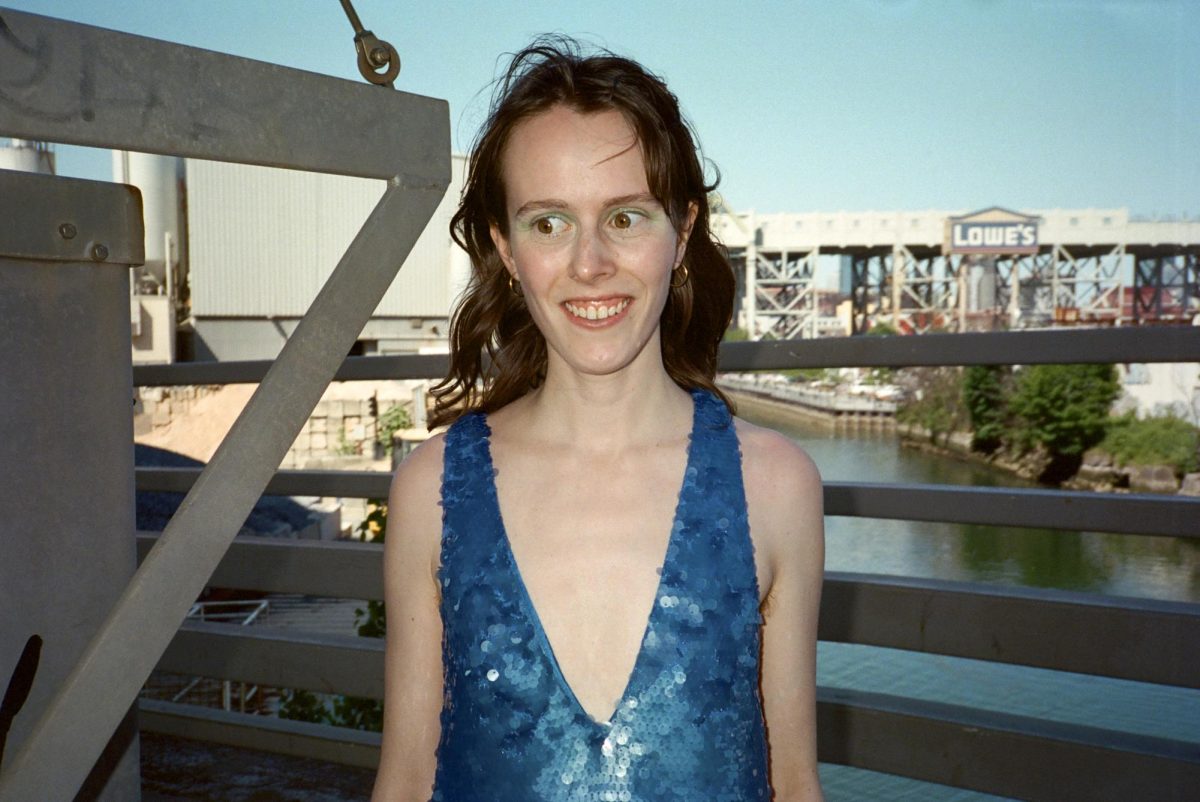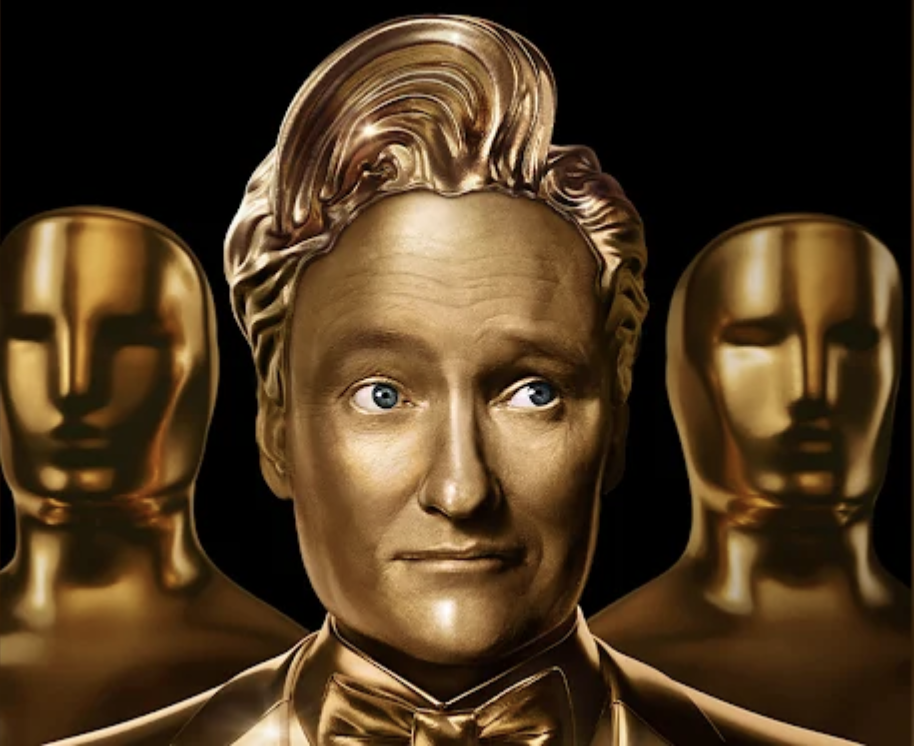The best horror filmmakers of the modern era understand that when you want to make a second hit, you have to do two things: you have to shake it up, and you have to go big. We saw this with Titane (2021) and Us (2019), and now French director Coralie Fargeat follows up her brutally simple Revenge (2017) with The Substance, a body horror satire coated in gloss and outwardly imposed self-loathing. Have you ever watched The Fly (1986) and thought: I wish it was even more over-the-top and disgusting? If so, I have amazing news for you.
Elisabeth Sparkle (Demi Moore) is the star of her own workout show, where she warns her viewers against having improper beach bodies and ends every episode with a cheerfully empty “take care of yourself!” When she turns 50, network executive Harvey (Dennis Quaid) wastes no time in throwing her out, and an ad for the next Elisabeth Sparkle (ages 18–30 only) haunts her as she tries to continue her life at the age where Hollywood sees her as useless — and worse — unsexy. Sexuality and food are smashed together with the force of a car crash; this is seen in the stomach-churning scene where Harvey tears through a plate of shrimp, Fargeat shoving us right in his face as he tells Elisabeth that she’s no longer desirable. “At 50, it stops,” he tells her.
When Elisabeth learns of a mysterious drug that offers a better version of yourself, of course she takes it. What follows is a process so disgustingly visceral — made worse by Raffertie’s thudding score, that I will do my editors a favor and not describe it; the point is that it births Sue (Margaret Qualley) — an agelessly beautiful version of Elisabeth made from her perfected DNA. Elisabeth inhabits her younger body on alternating weeks, and all she’s left with is a reminder that the two bodies “are one” before she’s off to reclaim her hold on the industry.
Moore, Qualley, and Quaid go all in on their performances, matching Fargeat’s farcical fairytale tone with glee. Moore grows increasingly demented; Qualley’s pop-princess sheen is given a darker edge as she becomes vindictive toward her other body, and Quaid gives one of the funniest performances of the year; leaning into the joke as hard as he can with his pepped-up speech patterns and predatory eyes, a caricature of Hollywood’s in-plain-sight network of sexual exploitation.
The filmmaking itself recalls other directors and films, sharing the theme of exploitation — the low angle crossfades of palm trees invoke Mulholland Drive (2001), and music cues and mirrored shot types pay homage to 2001: A Space Odyssey (1968) and Vertigo (1958). Fargeat wears her appreciation for these films and her love for David Cronenberg on her sleeve, but that gives way to The Substance’s biggest issue: The film strives to top itself every 15 minutes or so, and it does! Of course it does. But with that horror and spectacle comes a reminder as to why spectacle works — it requires buildup.
The Substance’s ambition and scope is a double-edged sword. On the one hand, it makes the film feel a little repetitive. There’s time dedicated to captivating the audience with how disgusting it knows its content is, and I found myself longing for it to just take a break for 10, even five minutes. And yet, that drive is what gives the film its staying power and momentum. It’s a paradox; it works as well as it does because it understands its need to go hard, yet the most effective scene of the film is when Elisabeth, wrestling intense dysmorphia, redoes her makeup over and over again before devolving into self-harm and giving up entirely. This commentary on Hollywood’s value of sexuality and age is as in-your-face as Harvey’s wolfish grin, and it teeters between being part of the joke and too much.
Even then, there’s no denying how relentlessly insane the third act is, each violent scene sets in motion another that will end even more violently. If you’re a fan of intentionally cheap-looking blood, you will be laughing and cheering over the last 10 minutes. Despite all the spectacle, horror, and decay, there is genuine empathy on display: It’s so easy to write a script like this and portray Elisabeth as desperate and stupid, but in the few quiet moments it gives us, The Substance allows you to feel with her. Under Moore’s deranged mannerisms is a woman desperate to fit into the industry’s forever shifting standards again — something the 61-year-old actress, having recently drifted in and out of work, likely feels as she gives a truly stellar performance. Elisabeth and Sue’s growing hatred of each other works metaphorically and adds a layer of underlying sadness, Harvey’s smug, perverted treatment of Sue provides unspoken context for how Elisabeth may have grown into a depressed, self-hating wreck.
So yes, despite some overindulgence, The Substance is a triumph for campy, gory body horror, a market that’s felt untapped as of late. The performances, effects, and colors pop in a way that ties it all together. If nothing else, the fact that a film is willing to go as hard as possible for the sake of its message is a good sign for horror, no matter how disgusting, brutal, or thrilling the content of its story may be.












